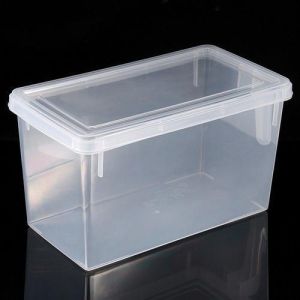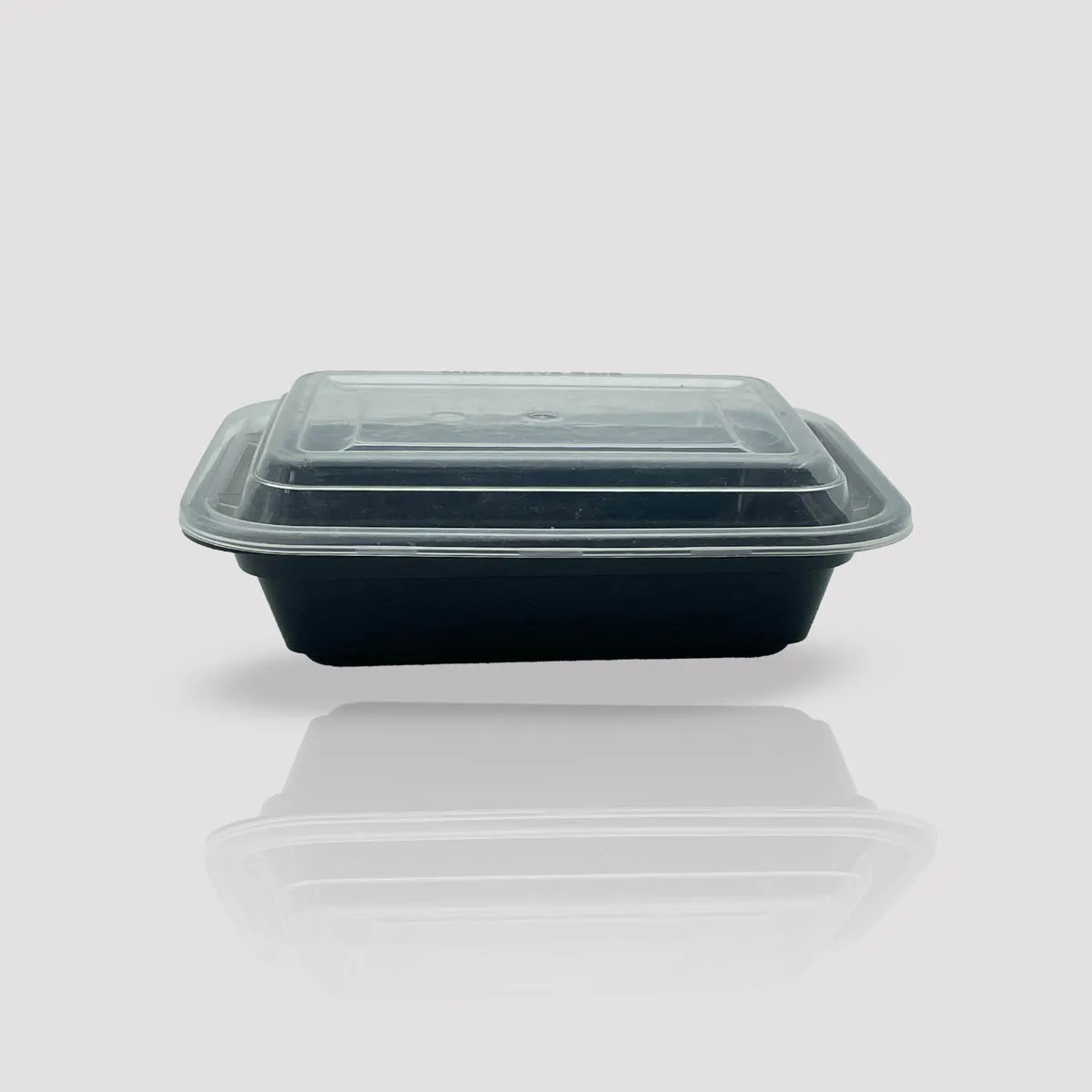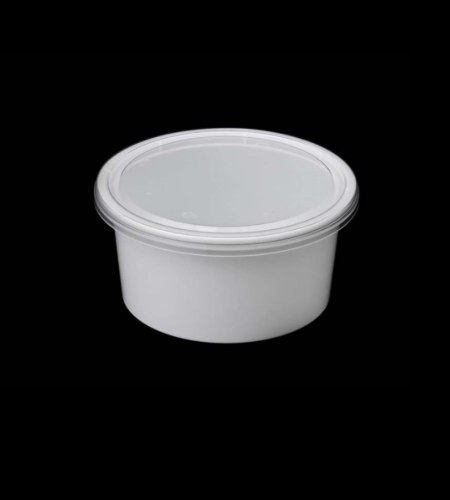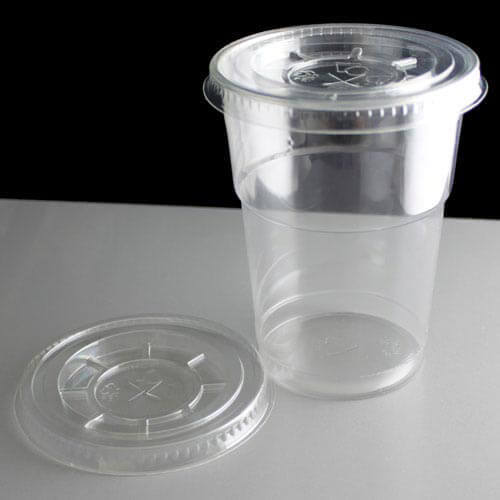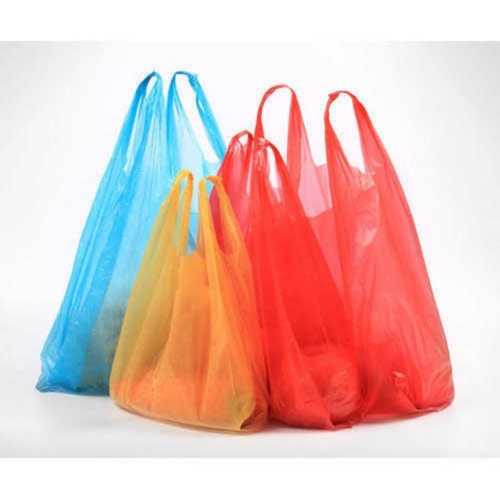The Certifications That Define a Trusted Gloves Manufacturer

Introduction
In industries where safety, hygiene, and precision are non-negotiable, gloves play a vital role. From healthcare to food processing, from laboratories to industrial applications, gloves act as the first line of defense. They protect workers from contamination, safeguard sensitive products, and ensure compliance with global safety standards.
However, not all gloves are created equal, and neither are all manufacturers. For businesses sourcing gloves, certifications serve as the ultimate trust factor. They signify that the gloves meet stringent quality standards and that the manufacturer adheres to international regulations.
In this blog, we’ll explore the certifications that define a trusted gloves manufacturer, why they matter, and how they impact different industries.
Why Certifications Matter in Glove Manufacturing
Certifications are not just formalities—they are a manufacturer’s commitment to safety, quality, and consistency. They serve three critical purposes:
- Compliance – Meeting national and international regulations.
- Trust – Reassuring buyers that gloves are safe and reliable.
- Quality Control – Ensuring products are tested, verified, and validated.
Without certifications, manufacturers risk losing credibility and may not even qualify to sell in regulated markets like healthcare or food industries.
Common Types of Gloves and Their Uses
Before diving into certifications, it’s important to recognize the diversity of gloves and their applications.
- Medical Gloves – Used in hospitals, clinics, and labs for hygiene and infection control.
- Industrial Gloves – Designed for chemical resistance, durability, and worker safety.
- Food Handling Gloves – Prevent contamination in food processing and catering.
- Disposable Gloves – Widely used in retail, cleaning, and low-risk tasks.
Each type of glove may require different certifications depending on its intended use.
Key Certifications for Gloves Manufacturers
- ISO 9001: Quality Management System
This certification demonstrates that the manufacturer follows standardized processes to maintain product quality. It assures clients that gloves are consistently produced and meet customer expectations.
- ISO 13485: Medical Devices Standard
For medical gloves, ISO 13485 is a must. It ensures compliance with regulatory requirements for medical devices, covering design, production, and testing.
- CE Marking (Conformité Européene)
Gloves sold in Europe require CE certification. This mark shows the gloves meet EU health, safety, and environmental standards.
- FDA Approval
For manufacturers exporting to the United States, FDA certification is crucial. It indicates gloves are safe for use in healthcare and food-related applications.
- EN Standards
Specific European standards define glove performance. Examples include:
- EN 374 for chemical-resistant gloves.
- EN 455 for medical examination gloves.
- EN 388 for mechanical risks like cuts or abrasion.
- ASTM Standards
The American Society for Testing and Materials provides standards that cover glove material quality, durability, and protective performance.
- GMP (Good Manufacturing Practices)
This certification confirms that manufacturing processes are clean, consistent, and safe. GMP compliance is essential in industries like pharmaceuticals and healthcare.
- Eco-Friendly and Sustainability Certifications
With growing environmental concerns, some glove manufacturers pursue certifications related to eco-friendly production, biodegradability, or sustainable materials.
Impact of Certifications on Industries
- Healthcare
Hospitals cannot risk using uncertified gloves. ISO 13485, FDA approval, and EN 455 compliance ensure safety for patients and healthcare workers.
- Food Processing
Gloves must prevent contamination while meeting FDA and CE standards. Food-grade certifications are especially important.
- Industrial Sector
Certifications like EN 374 and EN 388 assure that gloves protect workers from chemicals, cuts, and abrasions.
- Retail and General Use
For disposable gloves, certifications guarantee reliability and minimize risks of skin irritation or allergic reactions.
How Certifications Benefit Buyers
For buyers, certifications provide:
- Peace of mind – Knowing gloves are tested and approved.
- Regulatory compliance – Avoiding legal issues in restricted markets.
- Product consistency – Ensuring every batch meets high standards.
- Brand reputation – Sourcing from certified manufacturers adds credibility.
Challenges Manufacturers Face in Certification
- Cost – Getting and maintaining certifications can be expensive.
- Evolving standards – Regulations constantly change, requiring updates.
- Global differences – Standards vary by region, making international compliance complex.
- Sustainability demands – Balancing certification with eco-friendly practices can be challenging.
Still, the most trusted glove manufacturers see certification not as a burden, but as a mark of excellence.
Future of Certification in Glove Manufacturing
As industries evolve, new certifications may emerge focusing on:
- Sustainability – Eco-certifications will grow more important.
- Smart manufacturing – AI and automation processes may require compliance certifications.
- Bio-safety standards – Advanced testing for viruses, pathogens, and emerging risks.
Manufacturers that stay ahead of certification trends will lead in credibility and innovation.
The Importance of Choosing the Right Partner
For businesses, choosing a certified glove manufacturer is about more than just product quality. It’s about building a partnership that guarantees compliance, reliability, and adaptability to future standards.
A certified manufacturer ensures that businesses remain competitive, safe, and trusted in their respective industries.
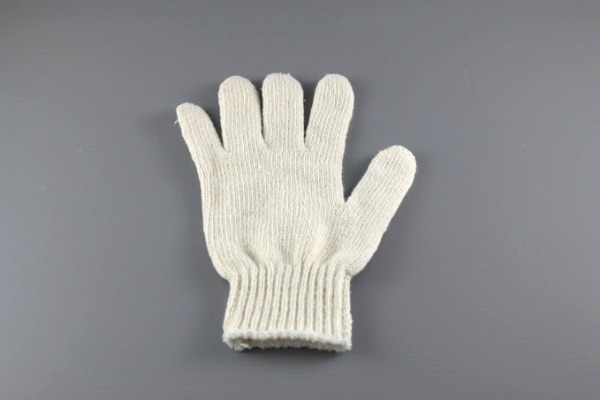
Certifications as a Hallmark of a Trusted Gloves Manufacturer in Singapore
When sourcing gloves internationally, buyers often seek suppliers with proven certifications. A Gloves Manufacturer in Singapore that meets ISO, FDA, CE, and EN standards demonstrates global compliance and reliability. Certifications not only open doors to global trade but also reassure clients about consistent quality and safety.
Green Packs: A Reliable Gloves Manufacturer in Singapore
Among the most trusted names in the industry, Green Packs stands out as a dependable Gloves Manufacturer in Singapore. Their operations prioritize global certifications, ensuring that their gloves meet healthcare, industrial, and food safety standards. By combining rigorous testing with innovative manufacturing practices, Green Packs provides gloves that businesses can trust worldwide.
Why Green Packs Is the Right Choice for Certified Gloves
Choosing Green Packs means partnering with a Gloves Manufacturer in Singapore that values safety, compliance, and sustainability. With certifications across multiple industries, Green Packs ensures clients receive products that exceed global standards. Their commitment to eco-friendly solutions also reflects their forward-thinking approach to glove manufacturing.
Conclusion
Certifications are the backbone of trust in the glove manufacturing industry. They prove that products meet international safety standards, comply with regulations, and are consistent in quality.
For businesses in healthcare, food, or industrial sectors, choosing certified gloves is non-negotiable. That’s why companies like Green Packs have earned recognition as a leading Gloves Manufacturer in Singapore.
By investing in certifications, Green Packs not only guarantees product reliability but also fosters confidence and long-term partnerships with clients worldwide. In a market where safety and compliance are paramount, Green Packs sets the standard for excellence in glove manufacturing.
































